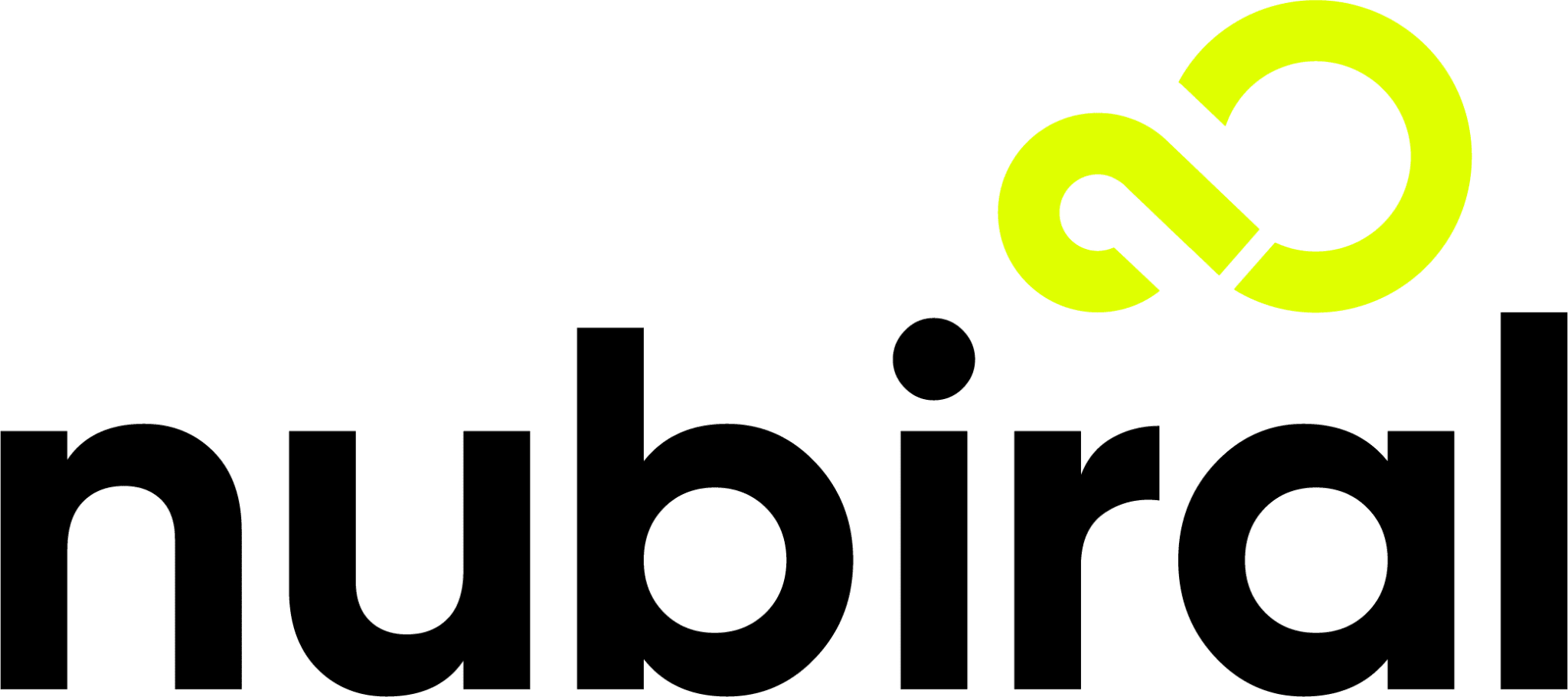Initially, supply chains were set up as a succession of links. A certain company (A) ordered raw materials from another company (B), which then delivered them through a logistics operator (company C). These companies produced and shipped the goods to warehouses, and a series of carriers brought the goods to the end customers’ homes. This is a gross simplification that does not take into account the complexities of exchanging goods across country borders or production chains distributed in different parts of the world. Each member of the chain received an indication of what to do and delivered the result to the next partner.
Flexibility and adaptation
We live in fast-paced global times that call for a new approach: intelligent and seamlessly integrated supply chains that offer 100% end-to-end visibility to all members. In recent years, we have seen how major disruptions (such as the pandemic or the current war in Ukraine) have the potential to «break» supply chains. Therefore, the more digitized and flexible they become, the more adaptability and resilience they will exhibit.
Smart value chains rely on a variety of technologies. Blockchain, for example, ensures transparency of operations and absolute traceability of products from the beginning to the post sale. The Internet of Things (IoT) makes it possible to monitor various aspects of production and transportation to anticipate failures, track goods or ensure that shipments are being carried out respecting their handling or temperature requirements.
Automation is key to optimizing processes, even those that cross more than one organization. The combination of artificial intelligence and analytical tools is key to anticipate future scenarios.
Cultural challenges
Technology is just the beginning of this transformation process. The main barrier that organizations face in moving towards intelligent supply chain models, is related to cultural issues.
For companies, this implies a resounding change of mindset, which fundamentally involves sharing data with their partners in the chain and establishing bonds of trust with the rest of the members. This is a particularly complicated item in Latin America, where there remains a strong sense of being «owners» of the data and it is considered as a weakness to use it jointly with other companies. On this point, blockchain could provide an excellent service.
The first point is key: open strategies are those that allow extracting the maximum value from data and get a 360º view for assertive decision making to generate a positive impact along the entire chain.
The benefits of integration
The benefits of intelligent supply chains are numerous and are not limited to extreme efficiency or the absence of administrative mistakes, even when the goods cross different geographical boundaries.
The advantages include:
- Significant cost reductions: thanks to optimal management of raw materials, inventories and storage space.
- Increased profitability: the customer will always have the product he wants, resulting in greater loyalty. Demand can be predicted or even new products can be promoted based on in-depth knowledge of consumer habits and requirements.
- Significant improvements in the sustainability strategy: lower fuel consumption thanks to optimal delivery routes, efficient energy management and reduction of raw material waste as a result of precise planning.
According to the consulting firm, Gartner, by 2025 25% of supply chain decisions will be made through intelligent ecosystems. The future is already here. And no organization should be locked into the past.




